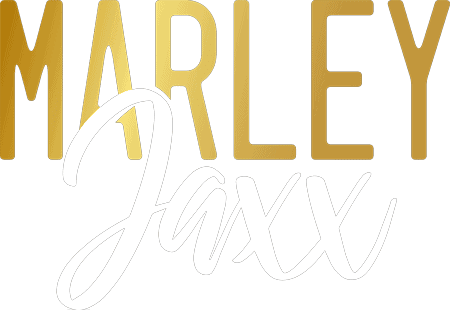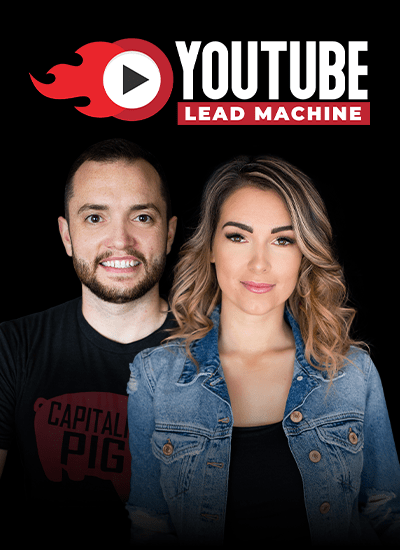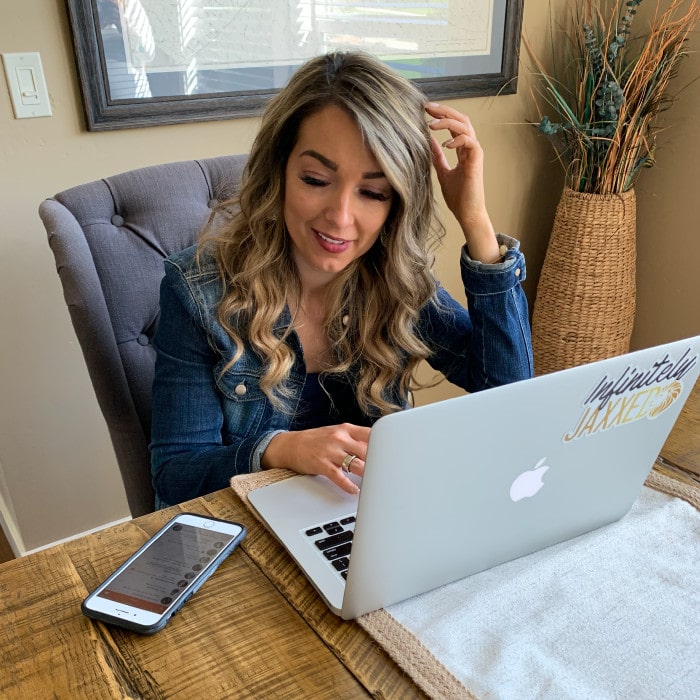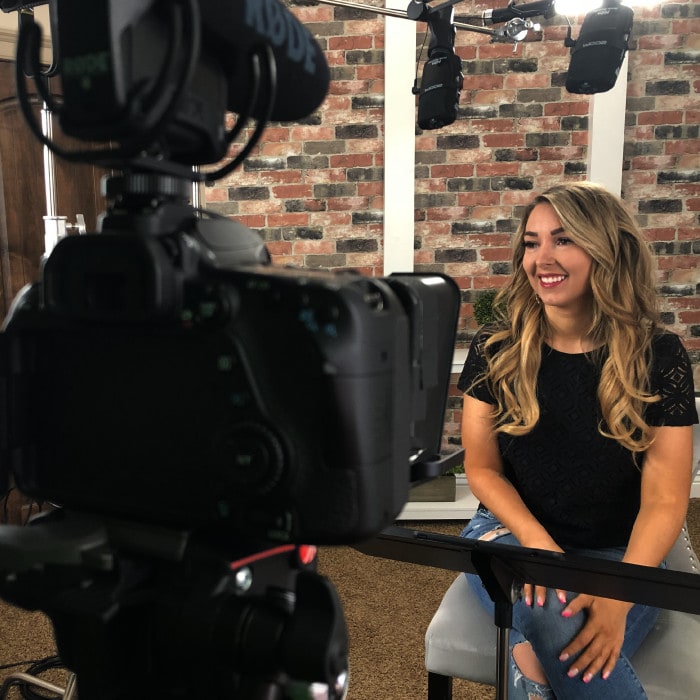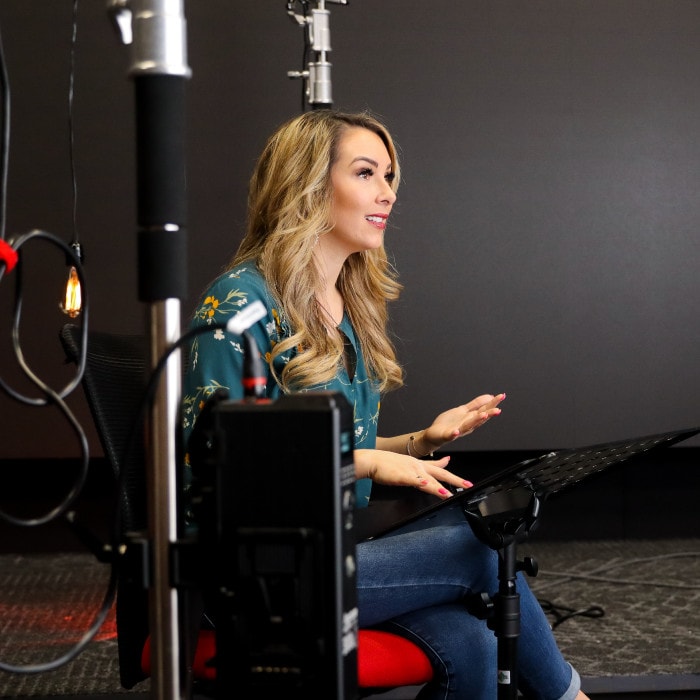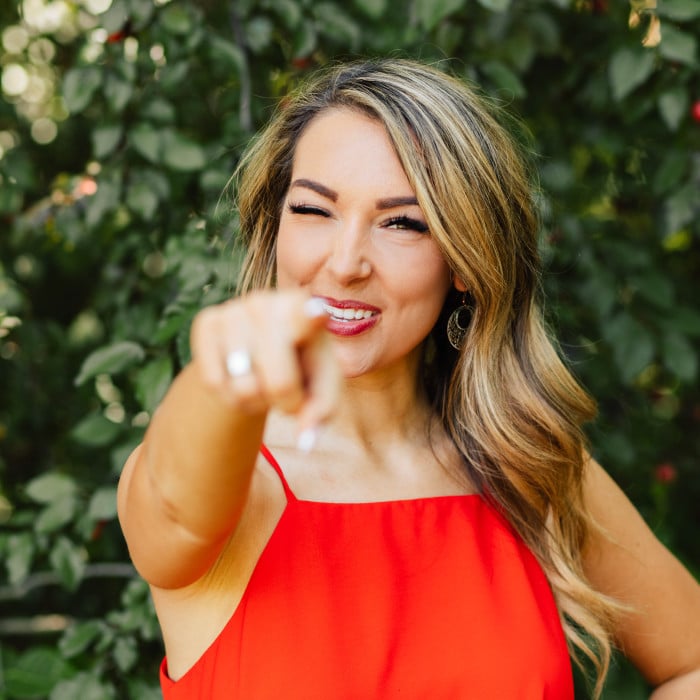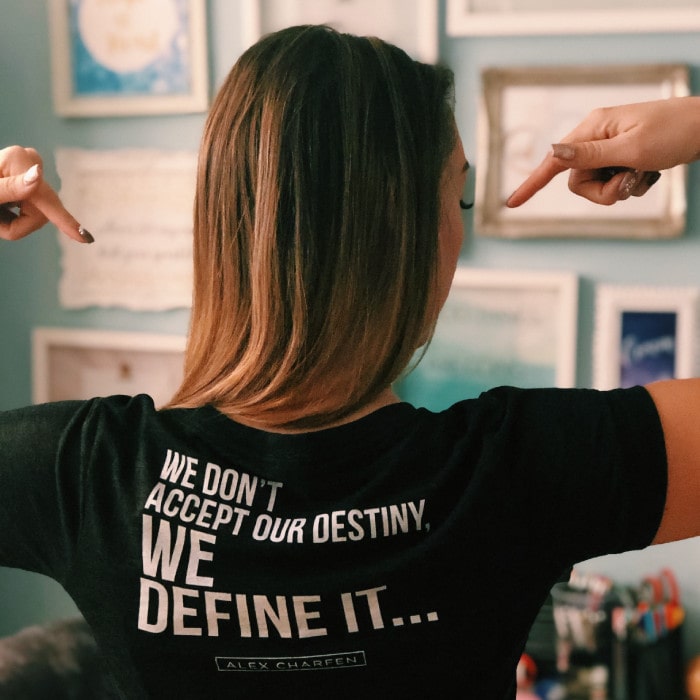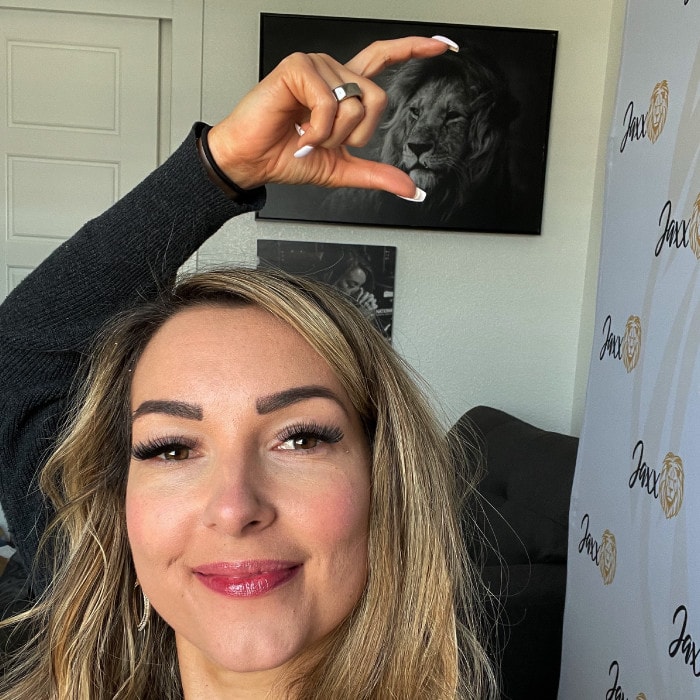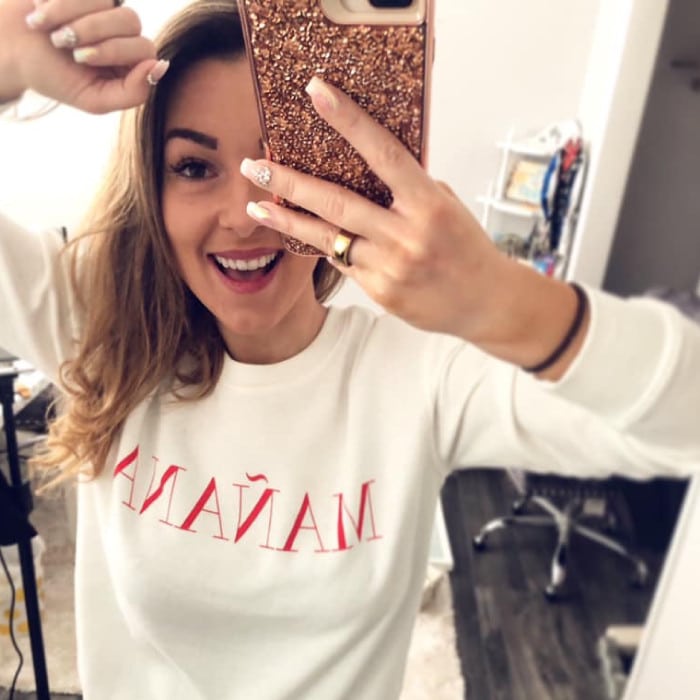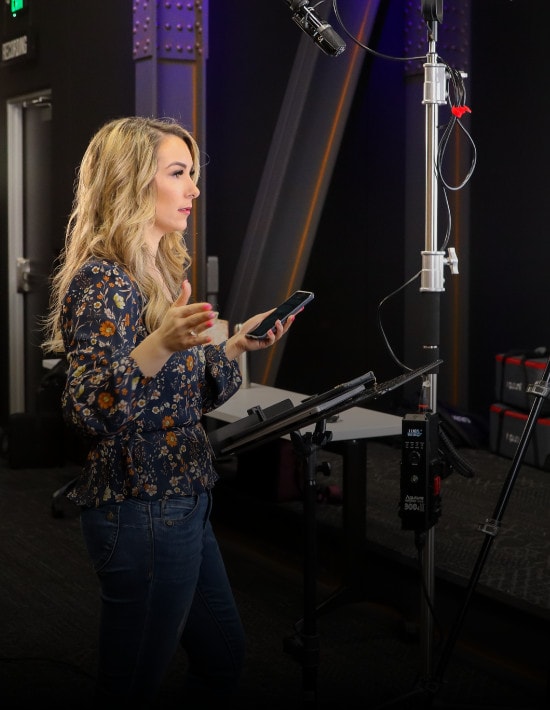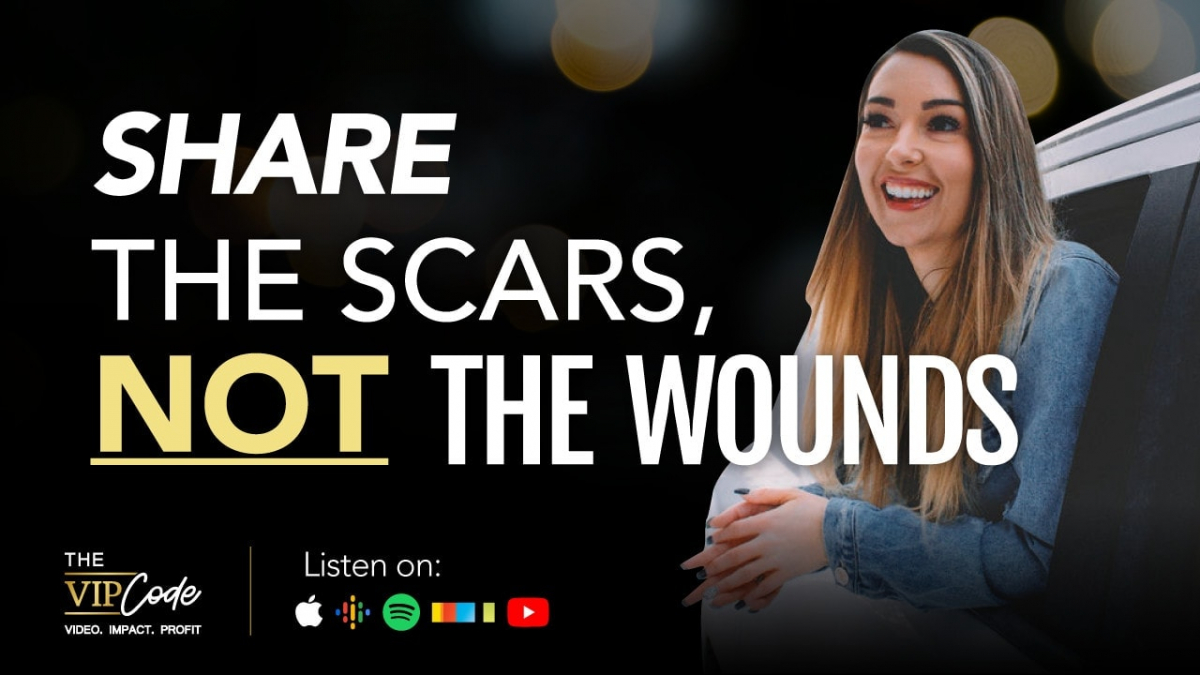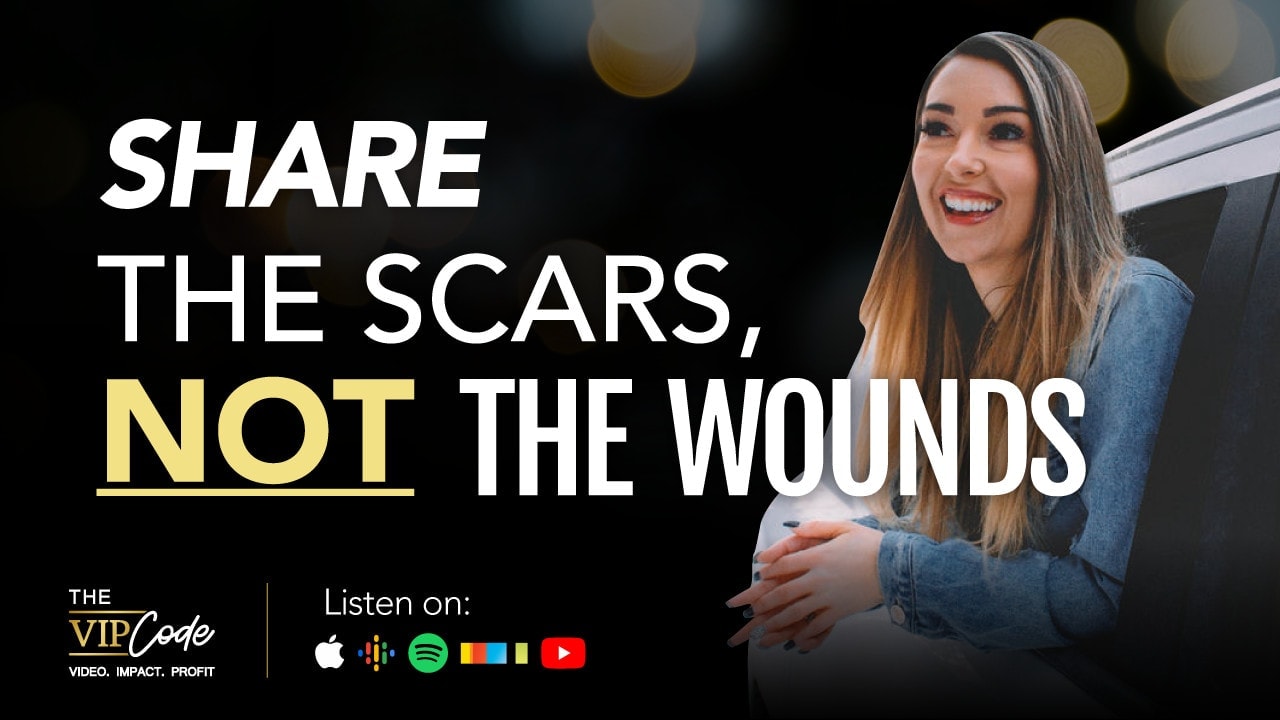
When in doubt, I error on the side of vulnerability – but I choose to share the scars, not the wounds. Here’s why!
I think we all have a bit of a love-hate relationship with social media. It can connect us together, it can help you spread your message, lead your team, generate leads, and build your business as a whole. Without social media, I don’t know where I’d be today. But at the same time, I’m hearing more and more people online confront the fact that social media can be a bit of a highlight reel.
We’ve all seen the “self-made” entrepreneur on Instagram with his brand new Maserati, or on a yacht in Bora Bora. There are all these Instagram cliches now, and there are plenty of more subtle examples that you’ll see when you’re scrolling through every day that seem to only remind you that there are more successful, more attractive, happier, and richer people than you out there.
As time goes on, I error on the side of vulnerability more and more. I want to be real. I want to be an open book.
Sure, it’s not always easy to be vulnerable, but it’s definitely more interesting. People say business isn’t personal, but I don’t believe that. As entrepreneurs, our success relies on personal development. When things don’t work out and we hit rock bottom, we grow and we share those lessons – and that’s how we lead our audiences.
There’s a difference between building your ideal character, and building a fake persona for yourself. Your ideal character is based in truth. But if you’re constantly faking an existence on Instagram just for likes or followers, no one benefits – especially as an entrepreneur.
For one, you’ll end up miserable in the pursuit of trying to keep up with how perfect you’ve made yourself out to be. And while you might get short term followers, ultimately, they don’t benefit either. No one can relate to you and no one knows your story – you’re just making noise.
Don’t be afraid to be vulnerable on social media; there is strength, lessons, and power in laying those cards on the table so you have nothing to hide. I also want to encourage you to share the scars, not the wounds. There’s a difference between hot mess and powerful message. That’s when keeping a journal or a story inventory is really helpful. You can keep those stories up your sleeve while you’re still dealing with them, and then look back on those stories and lessons when they’re no longer bleeding wounds.
By the time that happens, you might forget how it felt to go through those experiences – and you might even forget they ever happened! That’s when you know those stories have been reduced to scars, and you can choose to turn them into vulnerable lessons you can share with your audience.
I have plenty of stories left to tell, but it’s amazing to see the response I’ve gotten since revealing my own scars and being vulnerable with my audience. So I know when it comes time to sharing the things I’m going through right now, I’ll be able to talk about it from a new headspace – having learned the lessons I was meant to learn. When you share your scars, people will cheer for you, because they’ll see what you went through, respect that you went through it, and it might even inspire them or help them in ways you don’t even realize.
Sharing your scars is one of the most profound strategies you can use to make an impact on your audience.
Thank you so much for reading to the VIP Code! Be sure to subscribe to this podcast, share it with your friends and on social media; we have a lot of really exciting VIP content coming your way. Until next time, I’m Marley Baird and this has been the VIP Code podcast.
